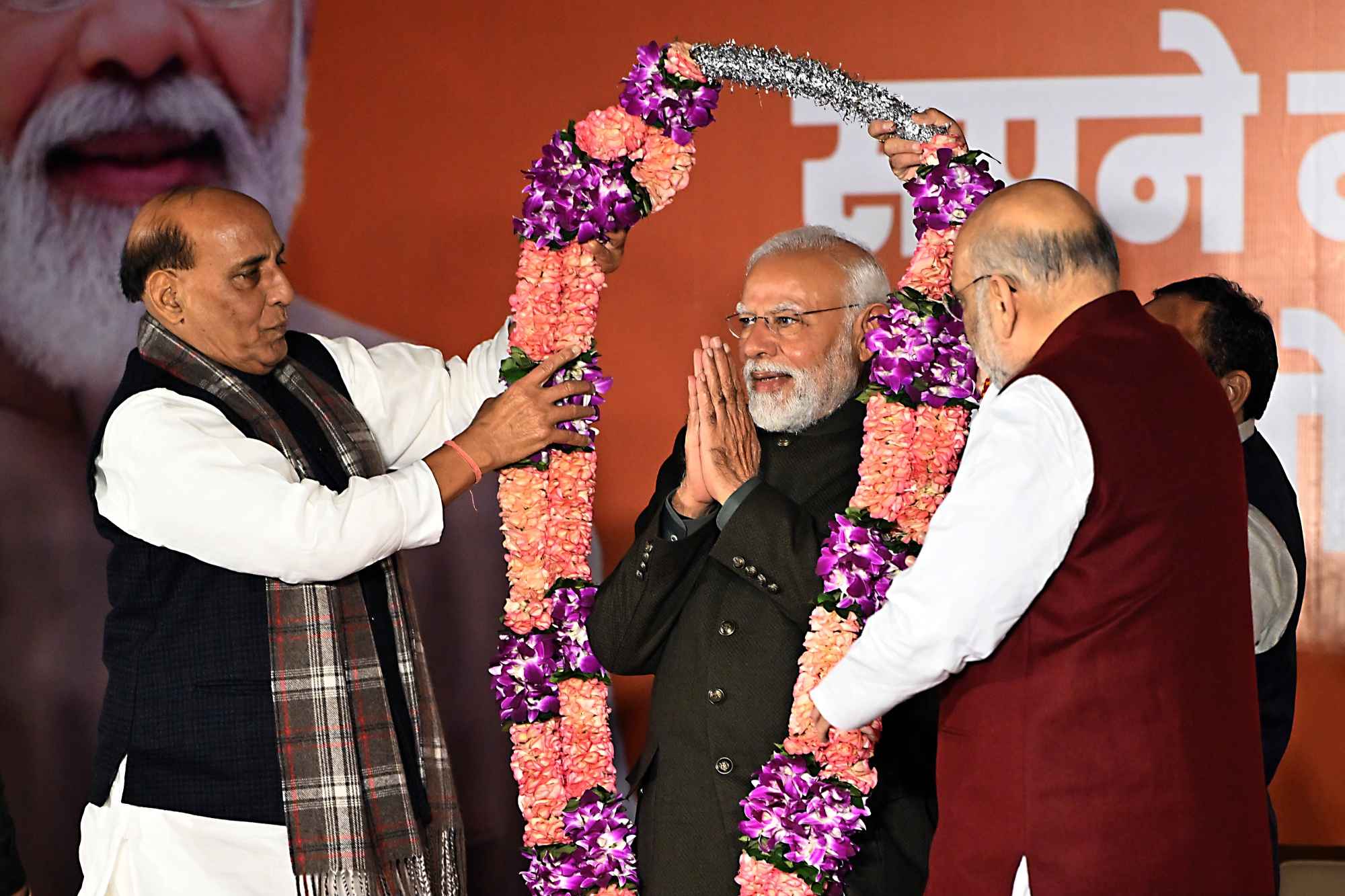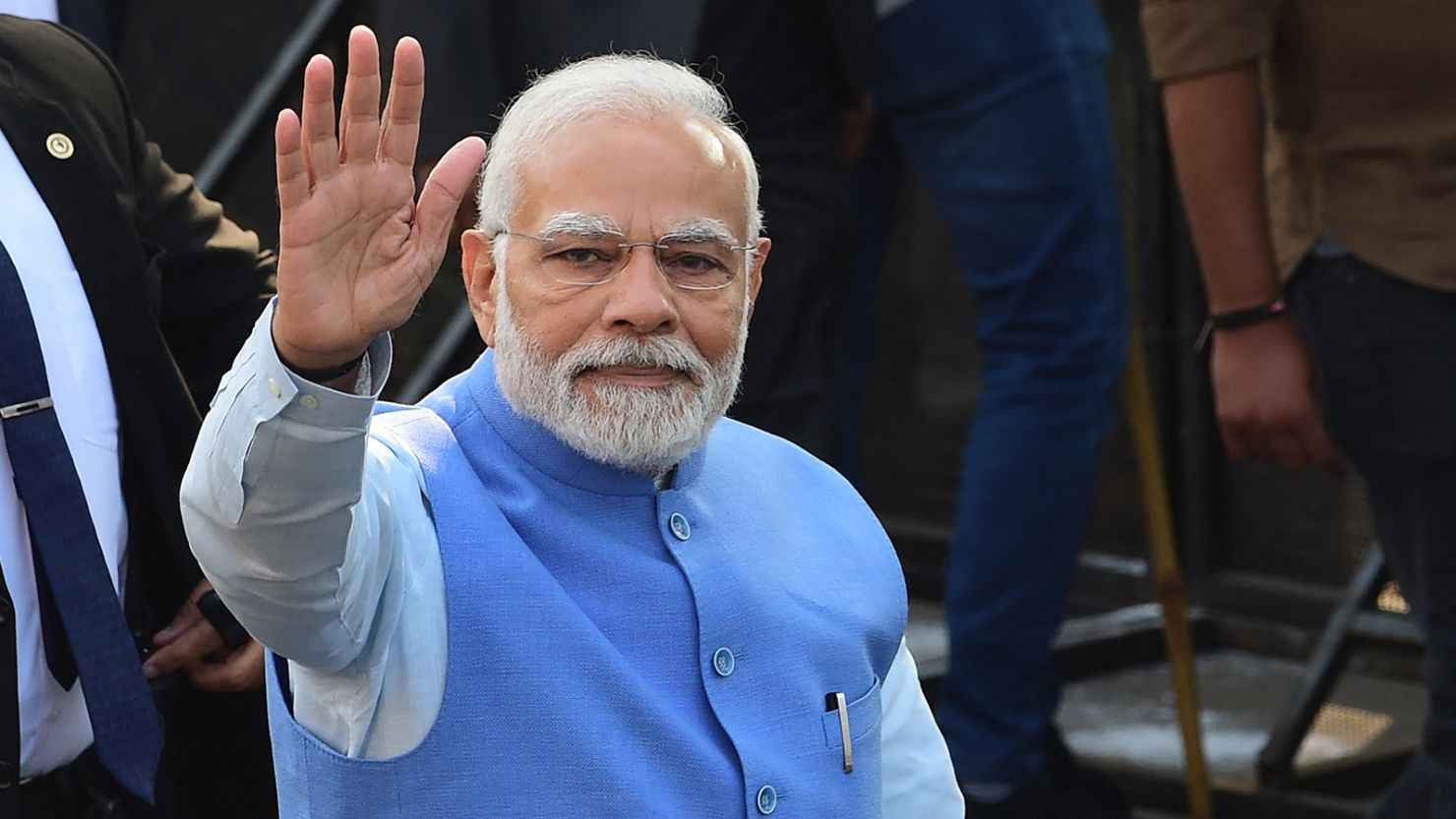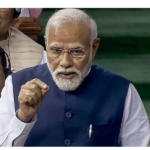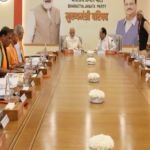During the upcoming general elections in India, which will take place in April 2024, Prime Minister Narendra Modi and the Bharatiya Janata Party (BJP), which is the leading party in India, are actively campaigning for re-election to a third five-year term.
The electorate of India, which is comprised of more than 600 million people, will be voting. During the 2019 election campaign, the Bharatiya Janata Party (BJP) placed a significant emphasis on India’s national security and the role of the armed forces.
When it comes to the elections that will take place in 2024, what will be the primary areas of concentration for the Modi government, both within India and on the international stage?
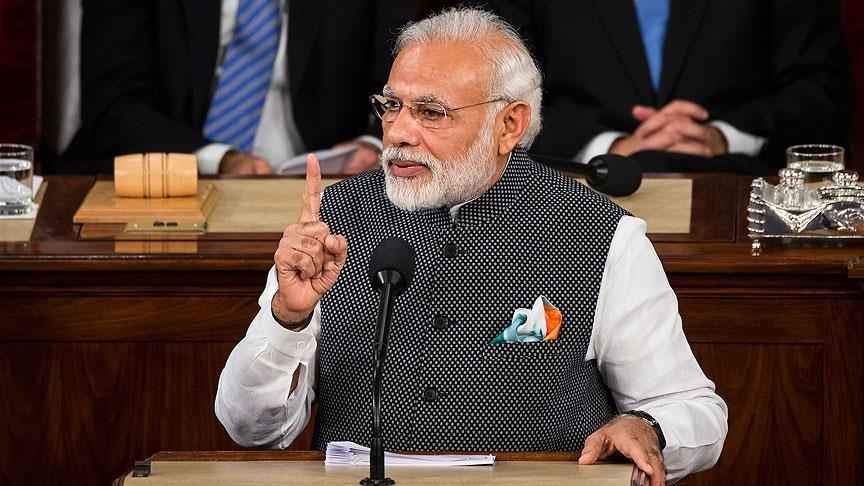
What are the domestic priorities that it will be focusing on during the next few months? In order to “step up” defense-technological collaboration, what strategies will Modi employ during his trips to the United States and France?
What strategies would India employ to confront China while maintaining a balance with Russia? Will India be able to ensure that the G20 summit in September is a success?
During the final several months leading up to the general elections in 2024, this panel will discuss the goals that the Modi government should prioritize in terms of domestic, defense, and international policy.
Theresa Roy-Chaudhury Rahul is a Senior Fellow at the International Institute of Strategic Studies (IISS) for South and Central Asian Defense, Strategy, and Diplomacy. His areas of expertise include counter-extremism and terrorism, regional nuclear affairs, Pakistan, Afghanistan, and regional security; India’s neighborhood foreign and security policies; Pakistan, Afghanistan, and regional security; and the Indian navy and the Indian Ocean.
He also publishes his findings. A number of ‘track 1.5’ meetings are organized by Rahul. These meetings are attended by high-ranking officials from South Asian governments and intelligence agencies, and they center on issues pertaining to India’s foreign policy, nuclear doctrines, and regional stability. Muscat, Bahrain, New Delhi, Islamabad, and London are the locations where these events are held on an annual basis.
India with regard to the upcoming general election in the year 2024
Louis Levesques, Antoine is a Research Fellow at the International Institute of Strategic Studies (IISS) for South and Central Asian Defense, Strategy, and Diplomacy. As a specialist in the facts and evaluations of South Asian policy towards China, regional nuclear challenges, and Pakistan’s political and security perspectives, Antoine is particularly knowledgeable in these areas.
Through publications and talks both inside and beyond the area, he also makes a contribution to the South and Central Asian Defense, Strategy, and Diplomacy program’s activities of research and assessment, as well as to the program’s convening and outreach to officials and other audiences.
A. Solanki, Viraj is a Research Associate at the International Institute of Strategic Studies (IISS) for South and Central Asian Defense, Strategy, and Diplomacy.
